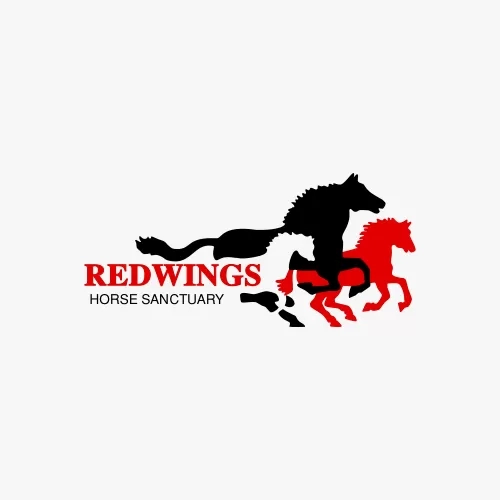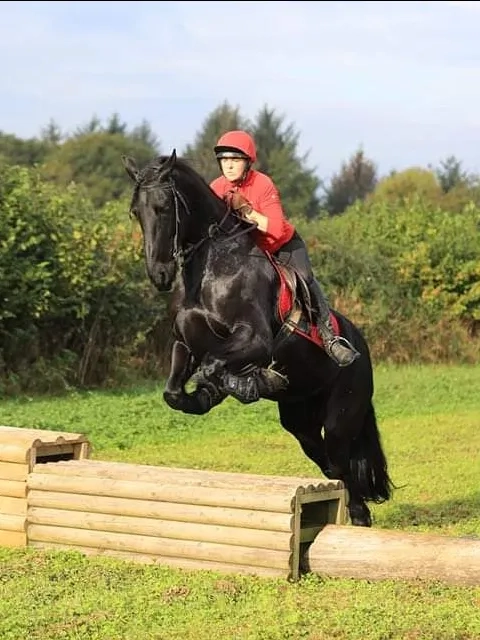17 June 2021

In Redwings’ latest Field Notes guide for horse owners, the charity shares essential insights and practical tips on the important issue of worms and deworming. Tiny Worms: BIG Problems is free to download and share and aims to help owners protect their horses from these widespread parasites using the most up-to-date information and methods.
Click here for your free copy of Tiny Worms: BIG Problems (PDF 1.6 MB)
Redwings’ teams sadly deal with the immediate and long-term effects of severe worm burdens in many of our rescued horses. We have seen an increase in worm-related issues in recent years, and it is likely that a significant factor is growing resistance of worms to the drugs we rely on to control them.
To help us reduce resistance and prolong the effectiveness of current deworming drugs (also known as anthelmintics) worming practices have had to change in recent years. It is vital that horse owners only deworm horses when it is really needed, rather than using routine worming as was standard practice in the past.
We can safely reduce worming by carrying out a faecal worm egg count (FWEC) every few months. These test a small sample of a horse’s dropping for worm eggs from the three most common species. This indicates roughly how many adult worms in their intestines and helps us reserve wormers for those horses that really need treatment. One study found that using FWECs reduced use of wormers by an amazing 82%*.
In addition to helping tackle worm resistance, switching from routine interval worming to FWEC testing has other benefits for owners and their horses:
A small number of worms in our horses is not a cause for concern. In fact, retaining a population of worms that are not resistant to anthelmintics is an essential part of preventing resistant worms from becoming more dominant. This means horses with a low egg count often still do not need worming.
However, larger worm burdens can cause serious health issues, and even be fatal. Once signs of worm-related problems become evident, the situation is likely to be advanced and difficult to treat, meaning a preventative approach to worm control is essential.
Protecting horses from worms is generally straightforward and inexpensive, and following the steps outlined in Tiny worms: BIG issues not only helps us look after our horses now, but helps preserve the effectiveness of deworming drugs for horses that need them in the future.
*Lester et al. (2013). A cost comparison of faecal egg count-directed anthelmintic delivery versus interval programme treatments in horses. The Veterinary Record. 173. 10.1136/vr.101804

Redwings Press Office
Find out more about Redwings Press Office



